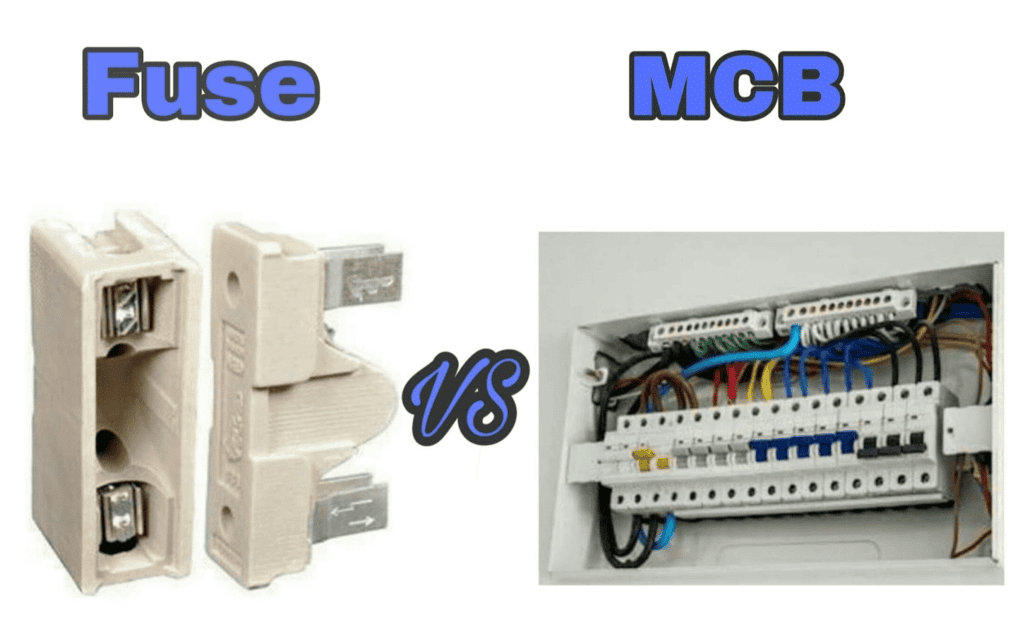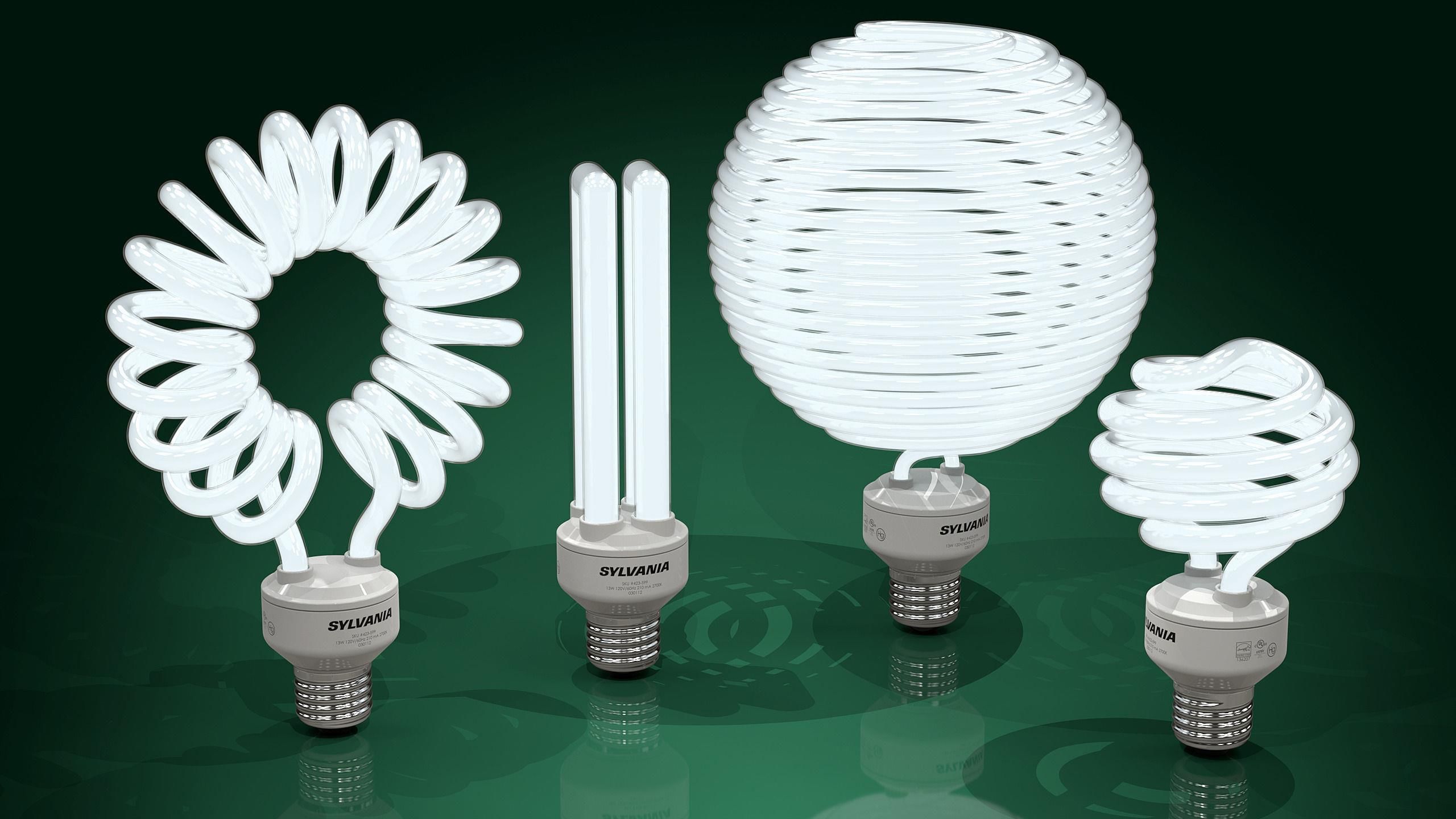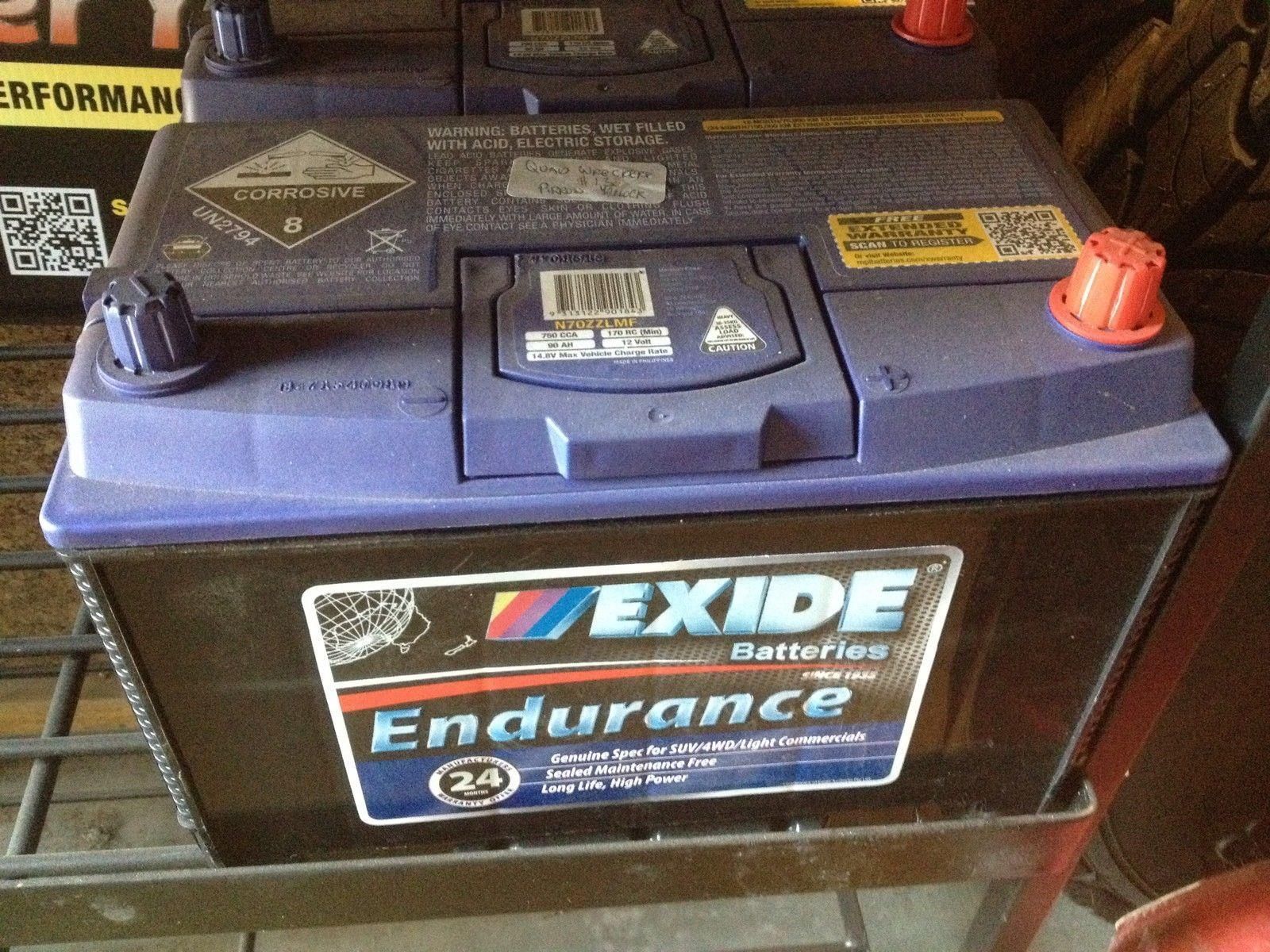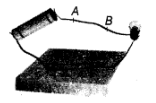Class 7 Science Chapter 10 HOTS Questions - Electric Current and Its Effects
Q1: Why we must cover plug pin holes which are within the reach of children with cellotape or a plastic cover when not in use?
Ans: Children are usually not aware of electrocution and they can put their fingers or other conducting material into the plug pin holes. To protect them from electric shock we must cover plug pin holes with cellotape or plastic cover.
Q2: Can we use the same fuse in a geyser and a television set or any other electrical appliances? Explain.
Ans: No, different electrical appliances need different amount of current. A geyser generally takes more voltage of current in comparison to a television. Therefore the fuse in these will be of different ratings.
Q3: Why are MCB preferred over electric fuses?
Ans: Due to following reasons MCB are preferred over electric fuses:
- MCB is more sensitive to overcurrent than fuse.
- Restoration of electric supply is quick. Restoration can be done by just switching the operating knob to its ‘ON’ position
- Handling MCB is electrically more safe than fuse.

Q4: Why are compact fluorescent lamps (CFLs) preferred over electric bulbs?
Ans: CFLs do not waste electricity as heat and thus consumes less energy whereas electric bulb along with light also give out heat.
Q5: Why do birds do not get shock when they sit on high power live wire but we do?
Ans: As bird sit on only one wire, the circuit remains incomplete so they do not get shock.
Q6: Explain why are CFLs (Compact Fluorescent Lamps) preferred over electric bulbs.
Ans: Compact fluorescent lamps are preferred over electric bulbs because electric bulbs use more power of electricity and it also losses electrical energy in the form of heat but it is not so in compact fluorescent lamps.
Q7: Name the type of mark for which we should look at an electrical appliance before buying.
Ans: ISI mark is a mark for which we should look at an electrical appliance before buying.
Q8: Paheli does not have a night lamp in her room. She covered the bulb of her room with a towel in the night to get dim light. Has she taken the right step? Give one reason to justify your answer.
Ans: No, she has not taken the right step. Because due to excessive heat of bulb, the towel may burn and it also results in the wastage of electrical energy.
Q9: Why do we cover plug pinholes which are within the reach of children with cellotape or a plastic cover when not in use?
Ans: We do cover plug pinholes which are within the reach of children with cellotape or plastic cover to avoid electric shocks. If unconsciously, a child puts his finger in the electric socket, the shock may be fatal.
Q10: Can we use the same fuse in a geyser and a television set? Explain.
Ans: No, we cannot use same fuse in a geyser and in a television set because the fuse used in every appliances has some limit to withstand the current flows through it. So, different appliances have different fuses.
Q11: Boojho made an electromagnet by winding 50 turns of wire over an iron screw. Paheli also made an electromagnet by winding 100 turns over a similar iron screw. Which electromagnet will attract more pins? Give reason.
Ans: Since the magnetic effect directly depends on the number of turns of the coil. As, Paheli’s coil has more number of turns than Boojho. So, her electromagnet is stronger than Boojho.
So, electromagnet of Paheli attracts more pins as compared to Boojho.
Q12: Batteries used in tractors, trucks and inverters are also made from cells. Then why it is called a battery?
Ans: The cell is the unit of battery when more than one cell are combined together, it forms a battery. In trucks, tractors and inverters, cells are internally arranged and we need not to connect it externally, so we called it as batteries.
Q13: Why is an electric fuse required in all electrical appliance?
Ans: Electric fuse is required in all electrical appliances to prevent damage from excessive current flow and during short circuit.
Q14: Name two electric devices for each where
(a) heating effect of current is used and
(b) magnetic effect of current is used.
Ans:
(a) Heating effect of current is used in electric heater and geyser.
(b) Magnetic effect of current is used in electric bell and cranes to lift heavy magnetic materials from one place to other.
Q15: Choose the statement which is not correct in the case of an electric fuse.
(a) Fuses are inserted in electric circuits of all buildings
(b) There is a maximum limit on the current that can safely flow through the electric circuits
(c) There is a minimum limit on the current that can safely flow in the electric circuits
(d) If a proper fuse is inserted in a circuit it will blow off if current exceeds the safe limit
Ans: (c) There is a minimum limit on the current which can safely flow in the electric circuits
Fuses are designed to limit maximum current, not minimum. If the current exceeds a safe limit, the fuse melts to protect the circuit.
Q16: When an electric current flows through a copper wire AB s shown in figure, the wire. (a) deflects a magnetic needle placed near it
(a) deflects a magnetic needle placed near it
(b) becomes red hot
(c) gives electric shock
(d) behaves like a fuse
Ans: (a) deflects a magnetic needle placed near it
An electric current produces a magnetic field, which deflects a nearby magnetic needle (like in a compass).
Q17: Which of the following precautions need not be taken while using electric gadgets/ appliances/circuit?
(a) We should never touch a lighted electric bulb connected to the mains
(b) We should never do experiment with the electric supply from the mains or a generator or an inverter
(c) We should never use just any wire or strip of metal in place of a fuse
(d) We should never turn the switch in ON position
Ans: (d) We should never turn the switch in ON position
This is incorrect. Turning on a switch is necessary to operate appliances. The other options are important safety precautions.
Q18: When a switch is in OFF position,
(i) circuit starting from the positive terminal of the cell stops at the switch
(ii) circuit is open
(iii) no current flows through it
(iv) current flows after sometime
Choose the combination of correct answer from the following.
(a) All are correct
(b) (ii) and (iii) are correct
(c) Only (iv) is correct
(d) (i) and (ii) are correct
Ans: (b) (ii) and (iii) are correct
When a switch is OFF, the circuit is open and no current flows through it.
|
111 videos|435 docs|28 tests
|
FAQs on Class 7 Science Chapter 10 HOTS Questions - Electric Current and Its Effects
| 1. What is electric current and how is it measured? |  |
| 2. What are the effects of electric current on conductors? |  |
| 3. How does Ohm's Law relate to electric current? |  |
| 4. What are the safety precautions to take when working with electric current? |  |
| 5. What is the difference between direct current (DC) and alternating current (AC)? |  |

















